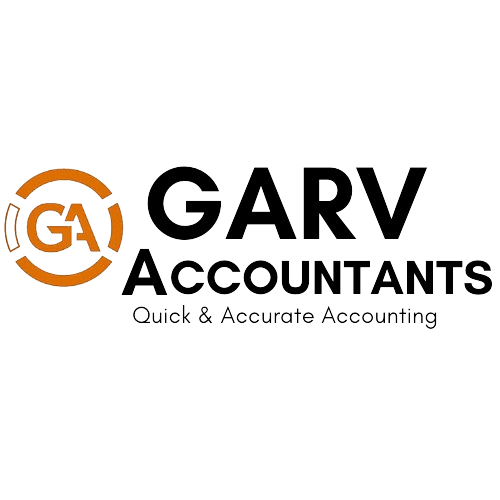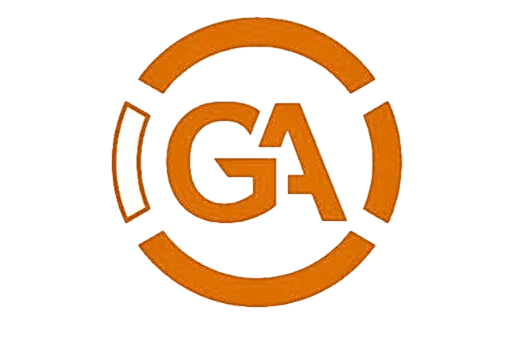
Our assistance expedites company registration. Apply now for quick acquisition of your ACN and ASIC documents. We’re here to assist you promptly.
- Business Establishment:
- When starting a small business, selecting the right structure is crucial. Understand the duties associated with each structure as it impacts:
- Tax responsibilities
- Business owner obligations
- Potential personal liabilities
- Asset safeguarding
- Ongoing expenses and paperwork volume
- We’re proficient in evaluating a structure that aligns with your requirements and facilitating business registration. Seek advice from us before making a decision. Timely guidance can save both time and money.
- When starting a small business, selecting the right structure is crucial. Understand the duties associated with each structure as it impacts:
- Common Business Structures: Sole Trader: – This uncomplicated structure requires minimal legal and tax formalities. As a sole trader, you hold full legal responsibility for all aspects of the business, including debts and losses. No limitations exist on this liability. ASIC registration for a business name isn’t obligatory if trading under your personal name. Individual Tax File Number (TFN) usage is applicable for income tax returns Partnership: – Involving two or more individuals/entities, a partnership distributes income or losses among partners. Partners share equal responsibility without the structure being a distinct legal entity. Each partner carries unlimited liability for debts and obligations. While not mandatory, a formal partnership agreement is common. ASIC business name registration is necessary if operating under a name other than personal ones. Partnerships possess their own TFN, ABN, and file separate tax returns. Company: – A company acts as a separate legal entity capable of incurring debt and legal actions. Shareholders enjoy limited personal liability and aren’t typically accountable for company debts. Despite the protective benefits, this structure involves higher setup and reporting expenses. ASIC registration under the Corporations Act is obligatory. An ACN provided by ASIC serves as a unique identification number required on specific documents. Trust: – A trust operates through a trustee on behalf of its members/beneficiaries. Not a separate legal entity, a trustee assumes liability for trust debts and can use trust assets to settle them. Establishing a trust involves a formal deed and yearly administrative tasks. While it incurs greater compliance costs, utilizing a trust structure may offer tax advantages. Trusts may use a registered ASIC company as a trustee. ASIC business name registration is necessary if trading under a name other than the trust’s. Trusts require their TFN for tax returns and must obtain an ABN if conducting business in Australia. Contact us at our Hobart Office or schedule a complimentary appointment today.

